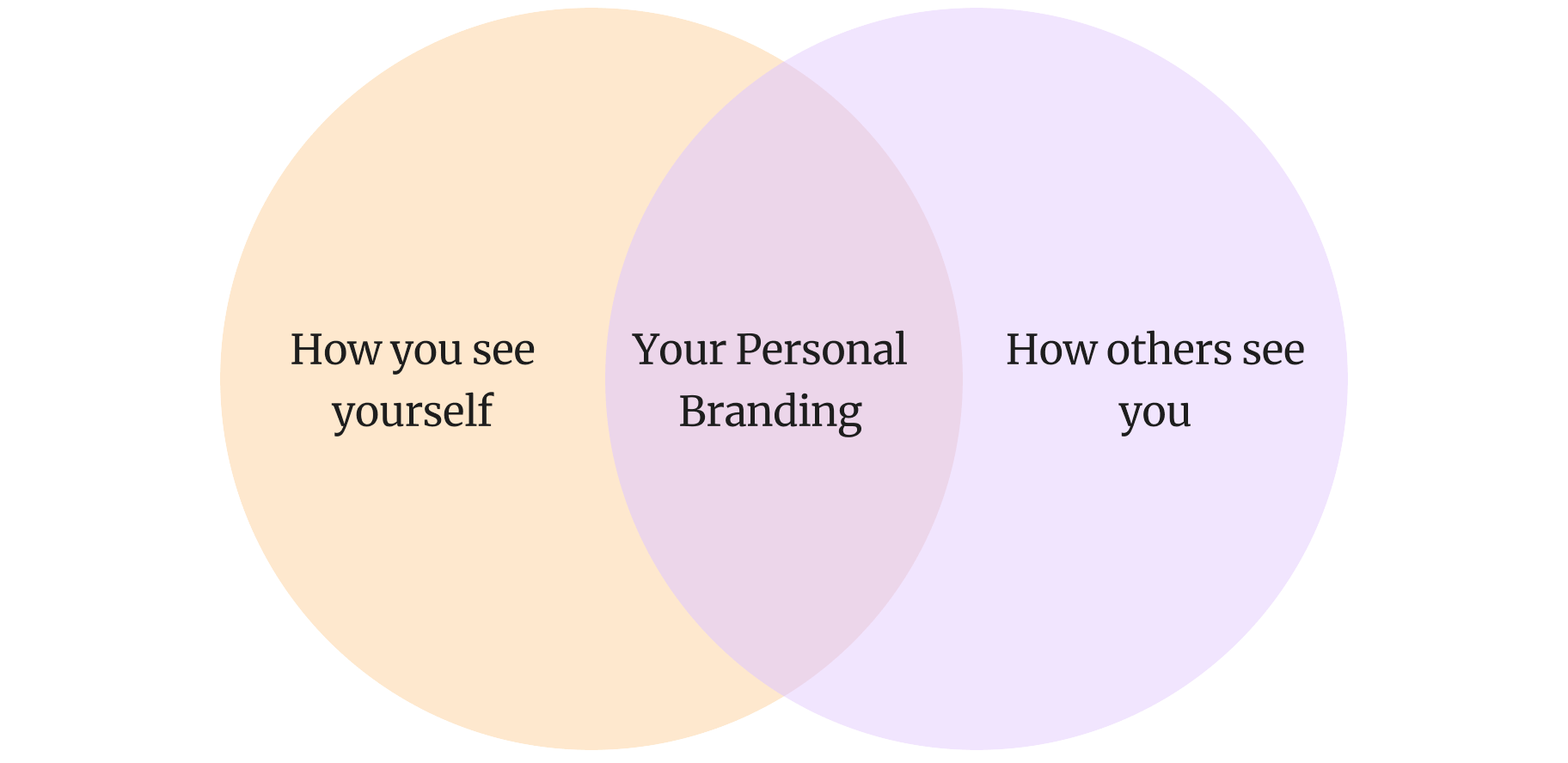Nowadays, the internet, particularly social media, has changed the way we communicate and made it possible to connect worldwide. Having a personal branding for individuals is a must as it became the new version of traditional resume and cover letter combination.
Even though things have changed, the main goal is still the same: How can I show companies that I'm the perfect fit for their team and leave a really good impression?
Why Does Personal Branding Matter?
As Jeff Bezos said “Your brand is what other people say about you when you're not in the room.” In other words, personal branding is all about shaping how you want others to perceive you.

As engineering students, it is crucial to begin promoting ourselves before graduation to prepare for the job market, whether as employees or entrepreneurs. This approach offers several advantages:
Building Trust: When you promote yourself early on, it helps establish trust among people and potential employers. They get to know you and your skills, fostering a sense of reliability and credibility.
Attracting Opportunities: By promoting yourself out there, you increase the chances of attracting clients, employers, and valuable professional connections.
Standing Out: Among a sea of graduating students, having a well-established personal brand sets you apart.
How to Build Your Personal Brand
Great! If you're eager to kickstart self-promotion but unsure how to begin, here are some insights from my own experiences and those I've observed:
Make Connections
Attend industry-related conferences, events, and join communities. The opportunities I encountered – internships, freelance gigs, and jobs – all stemmed from recommendations by people I met in these spaces.
Build a Standing Portfolio
Your portfolio isn't just about showcasing projects; it's a reflection of your personality, style, and values. Include your bio, resume, contact details, testimonials, and links to social media or blogs.
For a comprehensive guide, check out this resource I wrote a while ago: 10 Tips for a Great Web Developer Portfolio.
Establish Professional Social Media Presence
Platforms like Twitter and LinkedIn serve as windows for the world to follow your progress and expertise. Use these platforms strategically to post about your field, follow trends, and maintain a communication channel with potential opportunities.
Create Content
Share your insights through blogs, videos, podcasts, or social media posts. This helps establish your credibility and voice in the industry while engaging your target audience. Discuss personal projects, challenges, solutions, trends, or anything else you're passionate about or curious to explore.
Contribute to Open Source Projects
Engage with publicly available projects on platforms like GitHub. Start by tackling simple issues labeled as good first issue, such as adding descriptions or documentation. As you gain experience and trust, take on more responsibility within these projects.
Get Started
The 1000-mile trip starts with a single step. As an engineering student, I strongly encourage you to start taking that step now.
Avoid the mistake that many students make early in their careers. They often believe that their efforts, education, or performance alone are sufficient to surpass their peers and attain advancement opportunities.
However, they fail to recognize (or are never taught) the importance of building a personal brand. Remember, building your personal brand is key to standing out and opening doors for future opportunities.

